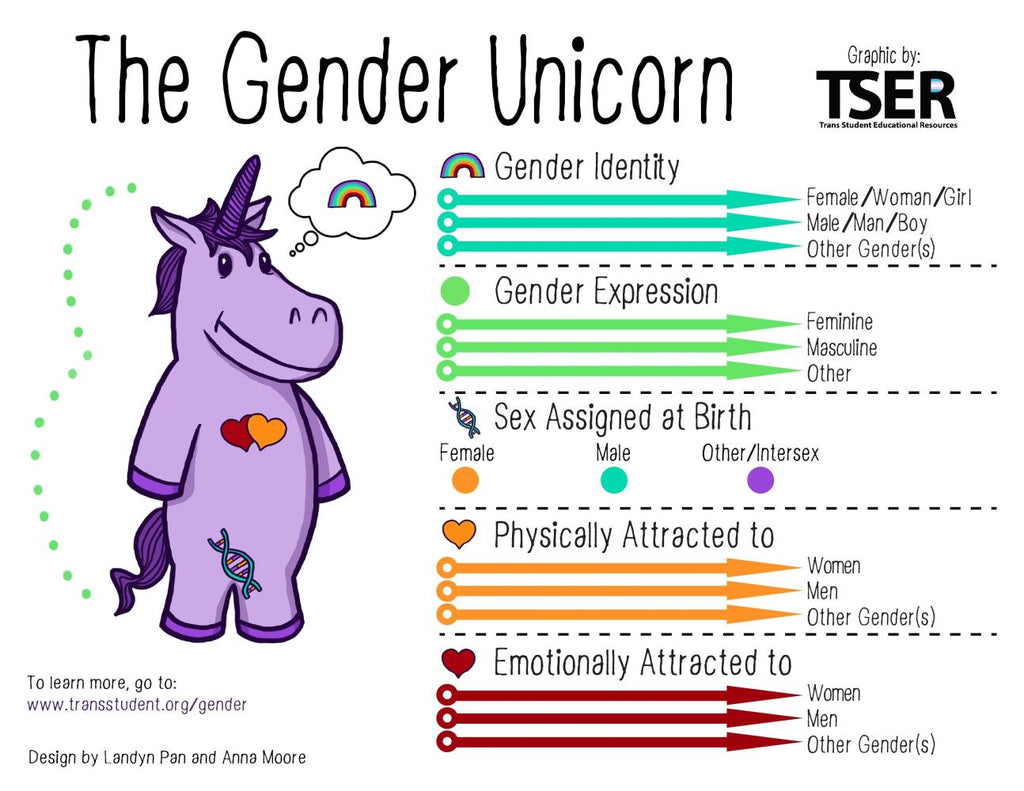In the evolving discourse of gender and sexual rights, an important distinction is often glossed over - that of sex and gender.
While sex, a biological categorization based on human genetics, has been the traditional basis for laws and societal norms, gender - a mental construct embodying an individual's understanding of their identity and expression - is increasingly influencing policy and legal discussions.
This blurring of lines between biological sex and mental conceptualizations of gender raises important concerns.
Sexual rights and the prohibition of sexual discrimination have been the bedrock of many historical human rights advancements.
These are rooted in biological realities, universal across cultures and societies.
However, the extension of these principles to encompass gender identity and expression, fluid and individualistic mental constructs, risks creating a potentially chaotic societal framework.
It threatens to subvert the principles of personal autonomy and free will and risks imposing a tyranny of diverse imaginings instead of laws grounded in biological realities.
The movements of feminism and lesbian and gay rights arose to champion the rights of individuals based on biological sex.
These movements aimed to eliminate the systemic barriers faced by women and individuals with same-sex attractions.
It is worth observing that these historical movements were firmly grounded in biological realities, with their struggle and triumphs baked into Canadian law and policy.
Sex, Gender and Sport
Today, the distinction between sex and gender has significant implications in fields such as sports.
Sports have always segregated based on biological sex due to inherent genetic differences.
Biological men, generally, possess physical advantages, such as muscle mass and bone density, which enable them to outperform biological women.
Disregarding these genetic realities to accommodate gender identity undermines the integrity of women's sports and the spirit of fair competition.
More:
Narcissists, Frauds, and Enablers: Trans Men and Women's Sports | Riley Gaines
"Split People By Categories, Not Gender!" Neil deGrasse Tyson on Transgender Athletes
Children and Gender
Furthermore, the conversation around gender identity has extended into the realm of childhood, with children introduced to the idea of transitioning at increasingly young ages.
This rush towards irreversible medical interventions has profound implications, including physical health risks, psychological distress, and familial discord.
As children develop, their understanding of their gender identity can shift and evolve, underscoring the potential dangers of early, irreversible interventions.
Dr. John Money: Gender identity architect
The entire construct of gender identity traces its roots back to Dr. John Money and his controversial experiment with the Reimer twins. David Reimer, a twin boy raised as a girl following a botched circumcision, suffered significant psychological distress, rejecting his imposed female identity.
This tragic case underscores the potential pitfalls of overemphasizing gender as a learned construct, separate from biological sex.
Adopting gender-based policies might not only be practically challenging but also detrimental to the majority who regard sexual rights and equality as established principles of Canadian law.
There is an inherent risk of upending societal norms and fostering confusion and discord.
The conflation of sex and gender necessitates a thorough evaluation of their implications on society, law, and individual rights.
We must acknowledge and respect the complexity and individuality of gender identity and expression.
However, in the realms of policy-making and legislation, a return to the biological realities of sex may be necessary to preserve societal order and protect rights established by feminists and gay rights activists in the 20th century.
It's imperative to uphold gender as an aspect of personal expression and individuality, separate from the more tangible, universal biological constructs that guide our laws and societal norms.

